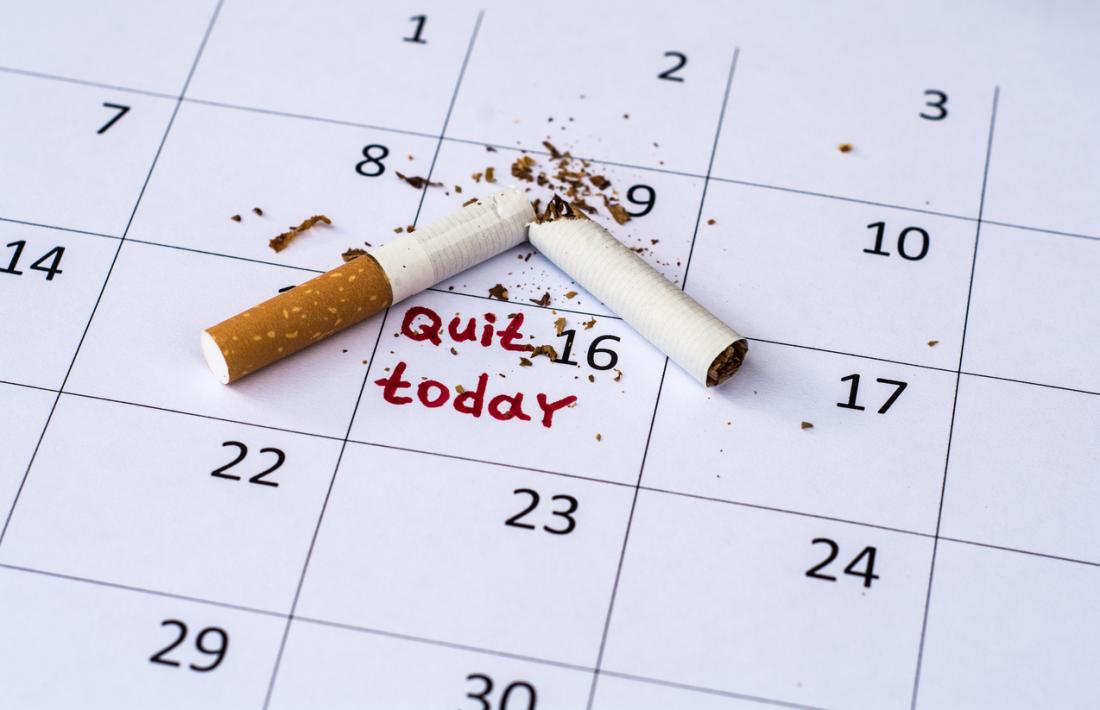
“How is it that none of the guys from church never ask any of us out?”
I was at brunch with several of my girlfriends when the topic of relationships came up. As I played with the remainder of the food on my plate, I listened to the girls figure out the answer to the question.
“Maybe they’re blind.”
“Maybe they’re just scared.”
“They don’t know how to approach us.”
“Or maybe they’ve never learned how to lead.”
“Maybe they don’t want to lead.”
“Well, regardless, they need to learn to step their game up.”
At the last statement, all of the girls chimed in with agreement. No matter the reason why men in church aren’t asking us out, it didn’t seem to matter. They needed to own up to it and be brave. I nodded in agreement but part of me couldn’t help but to wonder if there was another side to the story.

A few days later, I was hanging out with a different group of friends. They were all guys and I was the sole girl in the mix, dishing out life over pizza and soda. When the conversation turned to relationships, I made a semi-joke to them:
“You guys are so spoiled. You’re in a church full of beautiful, God fearing women. You must be overwhelmed with choices.”
To my surprise, my joke wasn’t met with laughter. Instead I got this response:
“There are a lot of girls but at the same time, there isn’t a lot of love from the girls in the church. I’ve been interested in a lot of different girls but each of them make me feel like I’m less than what I am.”
After that first step into a vulnerable direction, the guys all began to open up in agreement. They told me stories about the amount of pressure they felt from people to be someone they didn’t know they could be. Safe to say, I left that conversation thinking differently than how I started. I began to reflect on 1 Thessalonians 5:11 (ESV): Therefore, encourage one another and build one another up, just as you are doing.
After I listened to my guy friends, I went to other guys I knew with the same argument and I realized every single last one of them mentioned the words “I feel pressured or judged” as a part of their answer as to why they don’t make a move. Women tend to feel more loved when their emotional needs are met. Men tend to feel loved when they feel respected. And when they feel pressure or judgment, the last thing they feel is respect. Nothing makes a man happier than his ability to fix things and when he is told that he can’t do something right, it makes him feel terrible. Men need to know they are capable of doing things well.
Ladies, what if instead of picking apart the men in the church, we chose to speak life instead?
The guys seem to get dragged way more than the women do, especially since in Christian dating culture, the guy is supposed to approach the girl first. For years, I have read blogs, books, and listened to sermons going in on getting men to ask women out and yet nothing much has changed around here. I’ve never heard a guy say, “Wow, after the Pastor yelled out in church that I should stop being scared and ask a girl out and all the girls stood up and cheered, I decided that I should go out and find me a wife.” There is something seriously wrong with our approach. One of my favorite movies of all time is “As Good as it Gets” starring Jack Nicholson and Helen Hunt. Jack plays this arrogant and miserable man who falls for a sweet waitress played by Helen. Despite how much Jack says terrible things to Helen’s character, she consistently went to lengths to help him and to be nice to him. By the end of the movie he tells her that he loved her saying, “You make me want to be a better man”. I realize now that this is what men really want from us girls. They want us to help build them up into something better.
Encouragement to a man is the fuel to his engine. When you tell a guy he’s doing a good job, it makes him feel like he can conquer the world. And when he feels that way, his self-esteem and confidence raises and (who knows?) that might just be the pop he needs to ask you out.
Ladies, what if instead of pointing at “flaws” in guys, what if we learned to love selflessly?
As women, we know firsthand how it feels to be picked apart on a daily basis. We are constantly bombarded with images from the media on how the “ideal woman” should look and act. When the media does that to us, they do it with no love in their actions. They do it to sell products and to make money off of damaging our self-esteem. Do you realize that each time you pick a man apart, you are damaging his idea of his self-worth? Romans 12:10 (ESV) says “Love one another with brotherly affection. Outdo one another in showing honor.” No matter what our desires are for marriage and relationship, Christ calls for us to lay down our desires and to put one another before ourselves. Honor your brothers-in-Christ, ladies. What are they doing that is right? Do the brothers-in-Christ in your life have unique qualities? Are they doing amazing things in ministry? Tell them. Believe me, the men want to hear it. Encourage generously always. Or the shorter version to all of this — cut the guys some slack and be the greatest friend you can be to them.
Ladies, what if we stopped viewing men in the church as potential husbands and as people who you need to serve?
Now hear me out before you draw conclusions on this last point. This isn’t about becoming a doormat or something. This is about putting someone above you and loving as Christ loves you. Let’s get to real truth here — are you genuinely concerned that the men around you become leaders or you are concerned if they can just ask you out on a date? Now there is nothing at all with desiring a date, but we also have to remember that when we follow Christ, we should aim to become selfless as He is. If you are truly interested in seeing men step up, pray for them. Pray consistently. The bible says that we ought to love one another as we love ourselves (Matthew 22:39). So are you acting this way? Far too many of us women are too concerned with asking God to bring us a special someone when we should be interceding for our brothers-in-Christ. God will allow a relationship in your life at the right time. But allow love to rule over your actions, speech, and thoughts about the opposite sex.
So, the next time you want to vent about a guy not asking you out, think of how Christ can use you in this situation. Actively encourage the men in your life as much as you can. Let us be helpers and builders by serving our Brothers in Christ. There’s a lot of talk about maximizing your singleness and guess what? This can be a part of that! When we walk in love despite our feelings, we do more than honor the men but we honor God which should be our true goal.










